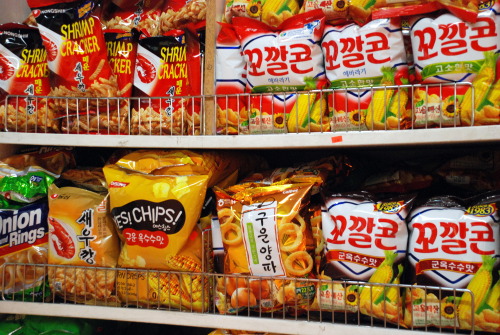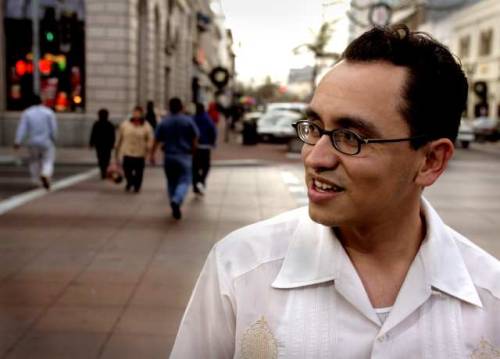L.A. Times Festival Of Books: Food Culture In Los Angeles
The panel included L.A. Times Food Critic Jonathan Gold, The New Yorker Staff Reporter Dana Goodyear and Gustavo Arellano, the author of “Taco USA: How Mexican Food Conquered America." During their talk, the panel agreed that L.A. often represents entire food cultures with unique and authentic flavors from all over the world.
“In New York, everyone is squeezed together … [In L.A.] our communities are spread out and there aren’t much interactions, but maybe that is good for the food culture,” said Gold. He pointed out that many different immigrant communities scattered around L.A. offer an authentic taste of each culture. Koreans living in Koreantown can speak their own language freely at Korean stores or restaurants within the area; the same goes with speaking Spanish in the areas of South Bay.
“When immigrants come, there are two things they will find – a place to worship and a place to eat,” said Arellano. According to Arellano, people may hate immigrants and create slurs against them based on their food, but in the end they will still come to accept the communities through their food.
“First we conquer your stomach, then we conquer your heart,” said Arellano.

“There are experimental chefs in L.A. who will shop for new ingredients … ingredients that actually came out of cultures that have been more resourceful,” said Goodyear.
Goodyear also mentioned that with the new culture of competitive eating, people become more willing to try new cuisines. They may want to boast eating uncommon food such as “stag penises” as Gold pointed out, “or just because Jonathan Gold told me to [eat them]” said Goodyear jokingly. She emphasized that this has brought about a sense of adventurism to the food community in L.A.

“When hipsters have chicken in their backyard, they make headlines but when Mexicans have a chicken coop, neighbors call the animal control,” said Arellano.
He also pointed out another double standard that exists in the food community: Is there gender identity when it comes to food?
“It’s like when people are writing about female chefs; they will use words like ‘dainty’ or ‘self-contained,’ but when it comes to male chefs they become more ‘macho,'" said Arellano.
Gold, however, believes that this is changing and that many of the chefs in some of the best restaurants in L.A. are female chefs.
Globalization of food has come a long way in L.A. Exactly how far has international food come? In Arellano’s words, “there are breakfast burritos in space; Mexican food is intergalactic!”
Reach Staff Reporter Michelle Man here.



